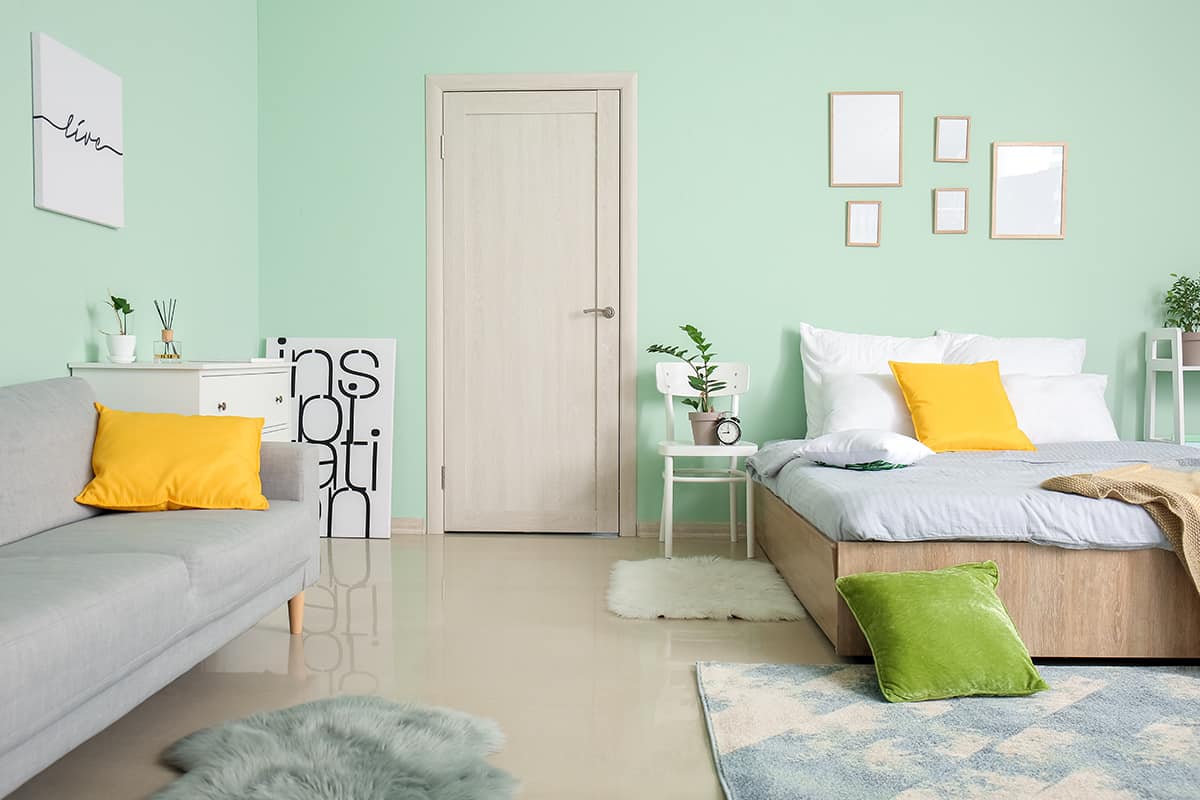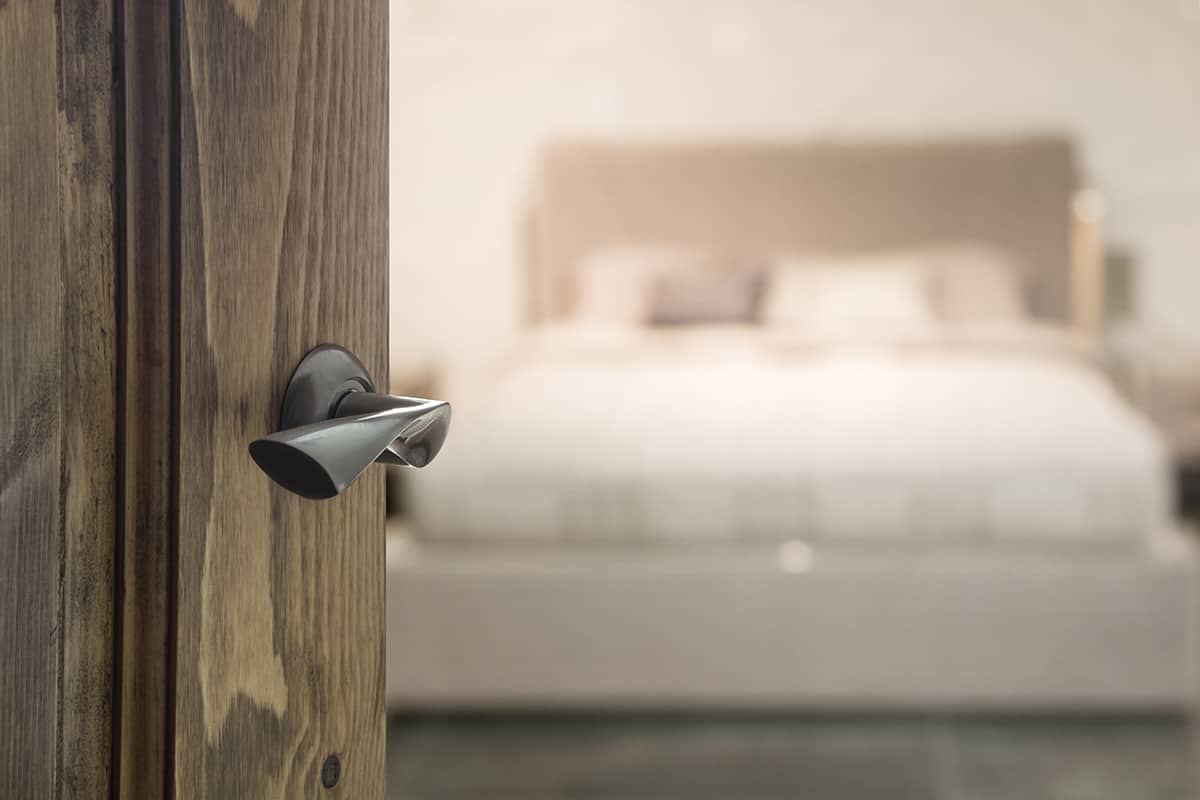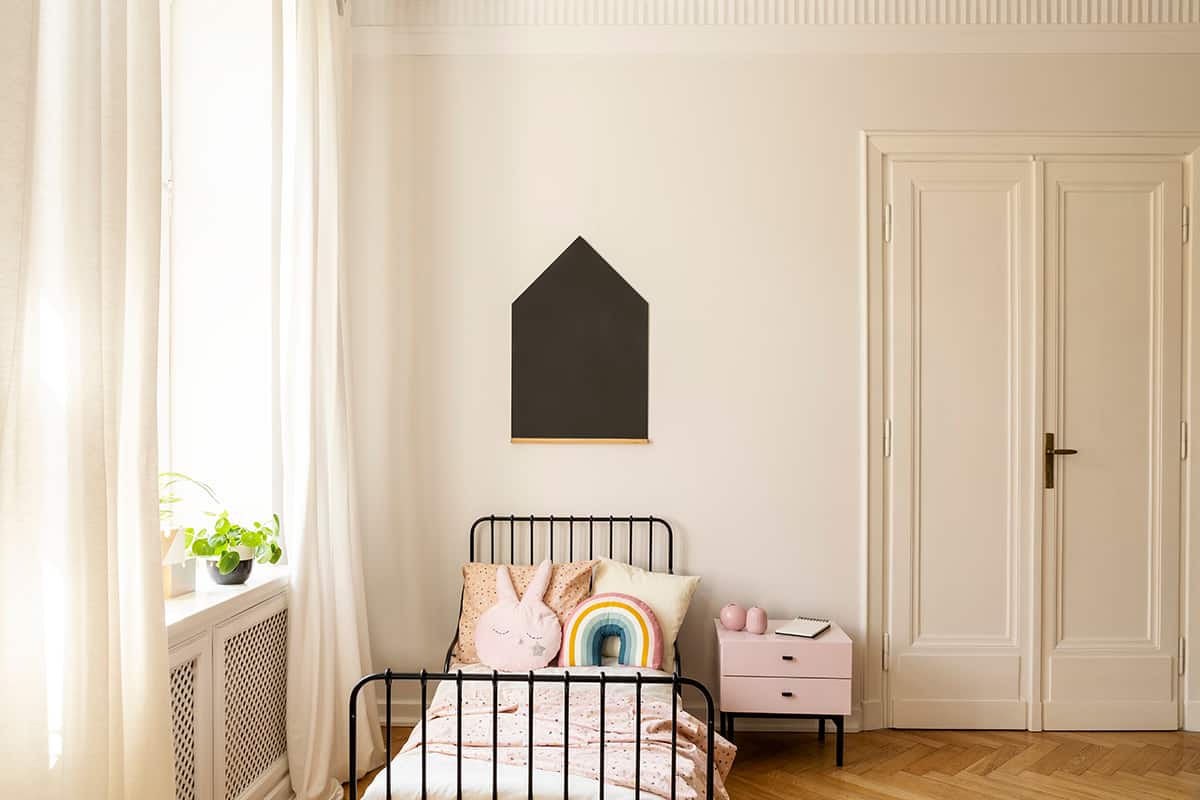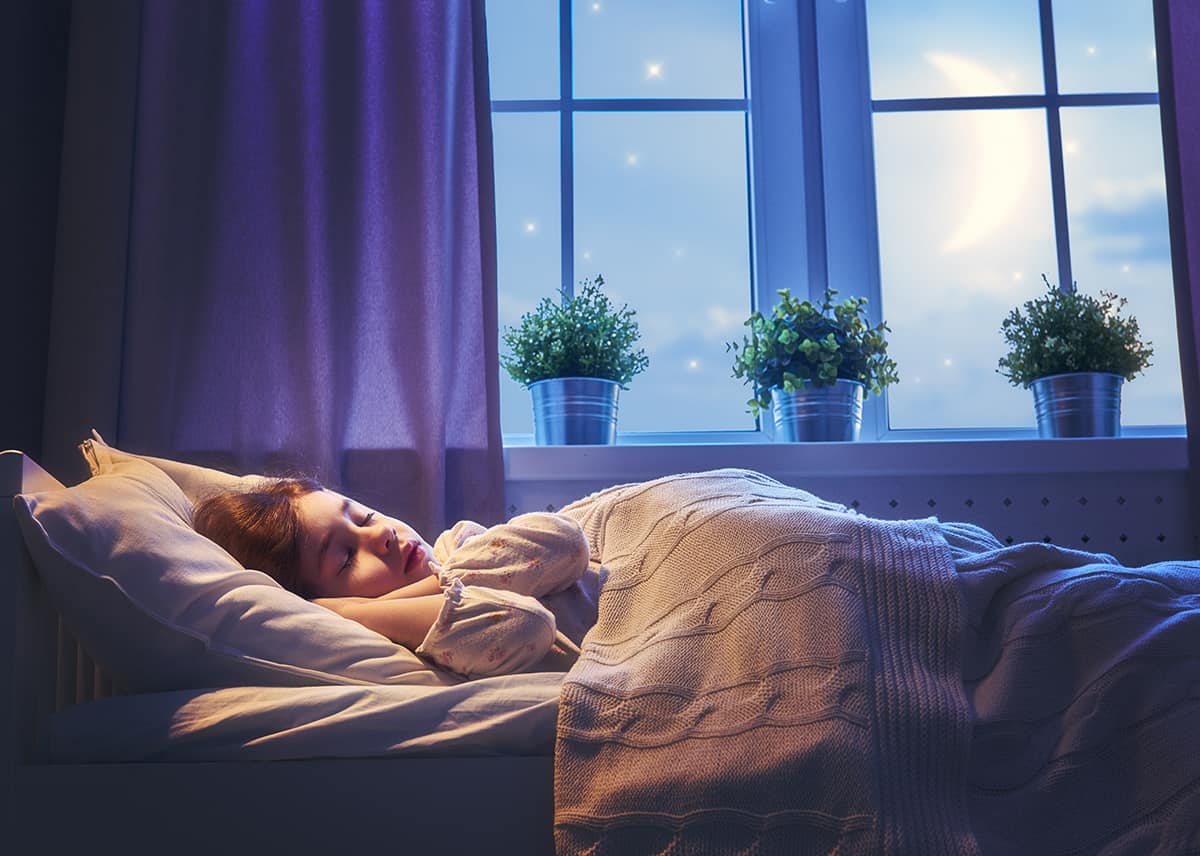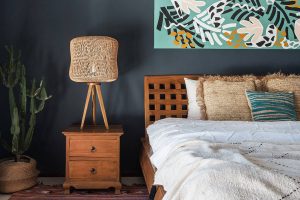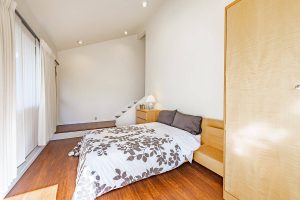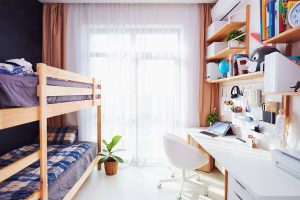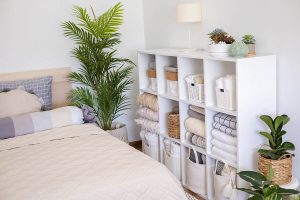Bedroom doors are the unsung heroes of interior design. They keep our messes, and our children contained, they give us privacy when we need it, and they can even absorb noise.
But there’s a long-standing debate over whether or not you should keep bedroom doors shut at night. Let’s explore what closing bedroom doors might do for your home and your family.
Bedroom Doors Can Slow the Spread of A Fire
If you’re trying to escape from a house fire, it’s probably best not to have your bedroom door closed. First of all, if there is a fire in the house, it is a nightmare to get out if the bedroom door is struck. If the door is open and you need to use it as an exit route, you’ll be able to open it when you’re ready for escape purposes.
Secondly: bedrooms tend not to have windows (or they’re small ones). So, if there is no other way out of your room besides through that little portal at its end—and it’s blocked by thick curtains or shades—you’ll want that portal available so that people can go through it easily!
Bedroom doors also help prevent the spread of smoke and flames when used correctly as fire barriers. You may think, “Oh well, I don’t want my room filled with smoke anyway,” but think again because if there’s any kind of fire happening outside, then this could cause serious damage inside, too, due to how quickly smoke travels through air particles! (It moves faster than sound waves!)
Bedroom Doors Do Keep Smoke Out
Smoke from cigarettes can be toxic and cause a variety of health problems, including headaches, nausea, dizziness, confusion, and fatigue. You may have noticed that when you leave your door open while smoking in bed or your room will fill up with smoke quickly.
This is because warm air rises and if there is no way for it to escape, it will become trapped inside. If this air gets trapped under your blankets or comforter, then it will be even harder for you to breathe when trying to sleep at night as well as wake up feeling tired during the day since you aren’t getting enough oxygen into your body from breathing properly during sleep!
So, what happens once all that smoke has filled up our bedrooms? We start coughing like crazy!! That’s why many people recommend closing doors when smoking in their rooms – so they don’t have an asthma attack later on down the road due to constant exposure over time.
Bedroom Doors May Increase Carbon Monoxide Levels in Your Home
Carbon monoxide (CO) is a colorless, odorless gas that can cause flu-like symptoms like headache, dizziness, and nausea. It’s produced by burning wood, gasoline, natural gas, oil, and propane. Even when your furnace is turned off at night, you might be exposed to carbon monoxide because CO can build up in houses without proper ventilation systems.
But what about bedroom doors? Can they help protect you from carbon monoxide exposure during the night?
According to one study conducted by researchers at the University of Texas Medical Branch at Galveston (UTMB), closing your bedroom door may increase the amount of CO present in your home—so keep this in mind before shutting yourself off from everyone else!
This research was published in 2008 but has not yet been replicated elsewhere; however, it remains an important point for anyone who wants to keep their family safe from poisoning gases like carbon monoxide.
Closed Doors May Keep Children Safer
If you have young children, there are a few good reasons to keep their bedroom doors closed at night. First, when it comes to fires, children are much more likely than adults to die from them. This is because of their smaller size and generally higher body fat content (which can act as an insulator).
Second, carbon monoxide poisoning is another danger for young children that can come from a faulty heater or stove but also from leaving the gas on while sleeping.
Third, kidnappers may target your child if he or she is in plain sight (as opposed to behind a closed door). Bedroom doors can keep kids safe, but they won’t prevent a kidnapping
In a perfect world, you and your children would be able to sleep safe and sound in your beds. But unfortunately, that’s not the case for many of us. Whether it’s because we’re worried about intruders breaking into our homes (and kidnapping our children), or we’re just concerned about what might happen when we are asleep, the idea of sleeping with doors closed tight seems like a good one.
Closed Doors Ensure Better Privacy
If you’re looking for privacy while others are asleep, you’ll want to close their doors and your own. For instance, your children may be sleeping while you want to stay up.
Closing their door gives you privacy and freedom to move about the house and continue with your activities. If they open their door, you’ll be able to hear them emerging from their room.
On the other hand, closing your door while you’re asleep gives you more peace of mind as you’re assured no one is watching you while you sleep. If you have children, though, you might want to keep your door unlocked so that they can get to you if they need something during the night.
Closed Doors Act as A Sound Barrier
If someone is trying to sleep while others are still talking, watching TV, or cooking food, closing their door can give them more peace and quiet. A quieter environment helps them to get better, longer sleep.
Conclusion
Now that you know all the pros and cons, it’s up to you to decide whether or not you close your bedroom door at night. If you do, remember to keep your fire escape route clear!
